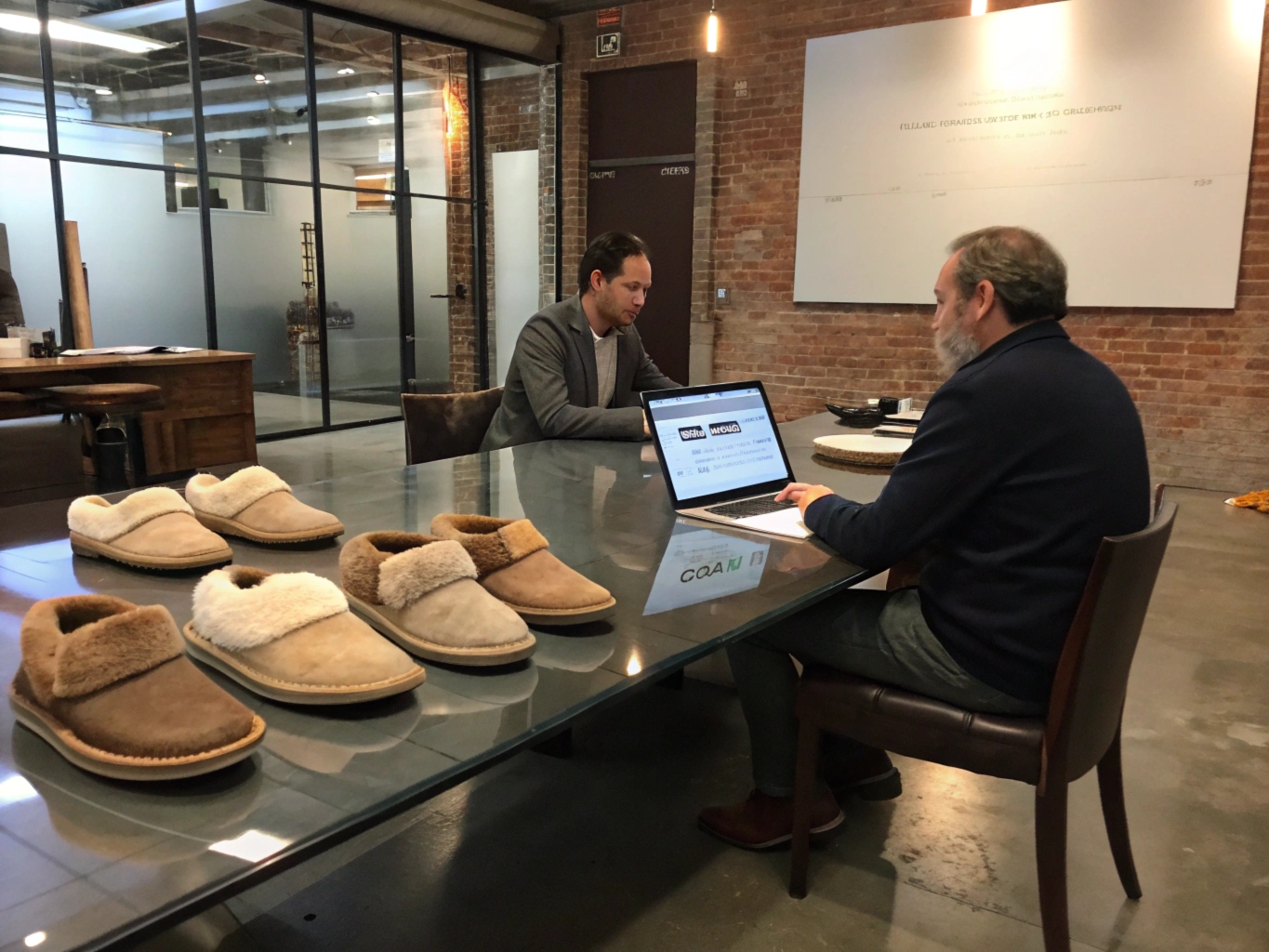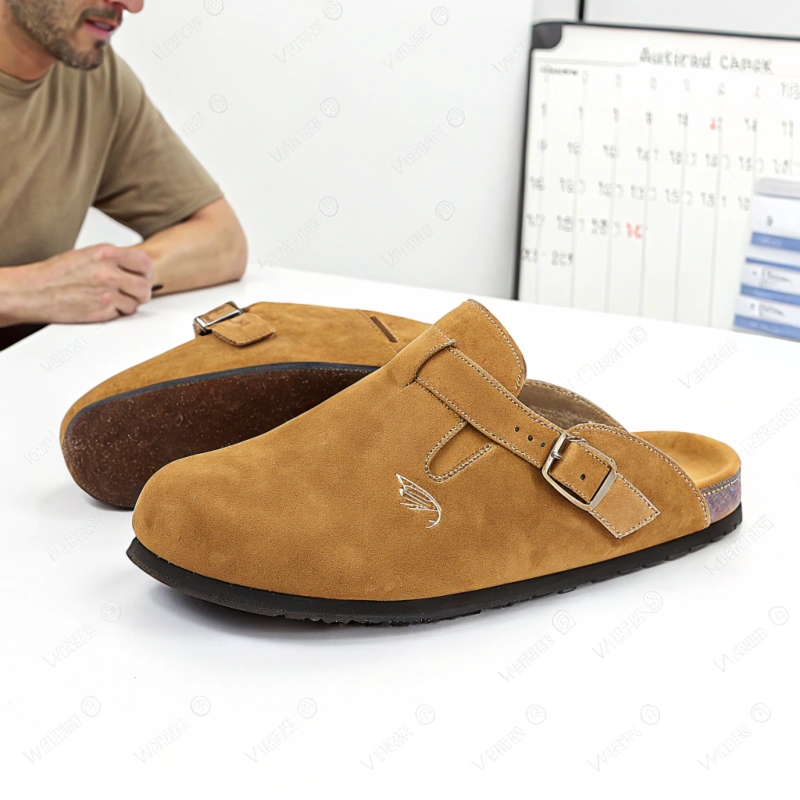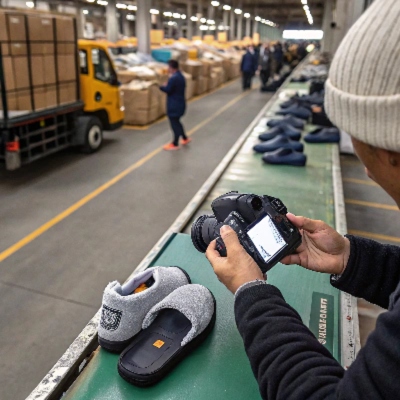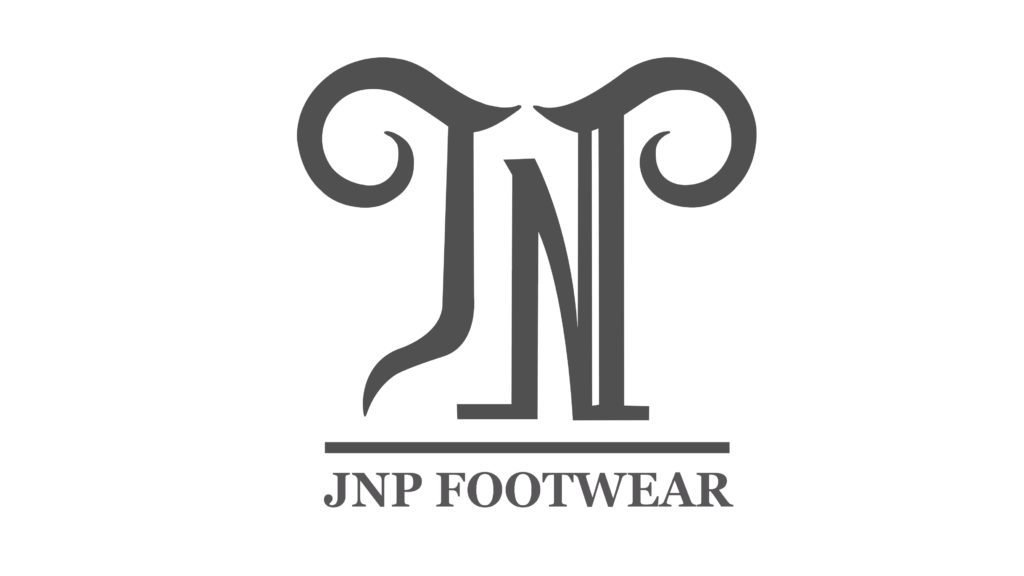
Are you struggling to find a footwear supplier who can meet your brand’s needs? Let’s dive into the steps that will help you choose the right supplier for custom footwear production.
Choosing the right footwear supplier involves understanding your brand's customization needs, production capabilities, and communication efficiency. A good supplier will not only deliver quality products but also streamline your processes and support your brand growth.
It’s not always easy to identify the right supplier, especially when you’re juggling multiple orders and customization requests. Here are some factors to consider before you make your decision.
What Factors Should You Consider When Choosing a Footwear Supplier?
Choosing the right supplier is a challenge. With so many options available, where do you start? Let’s explore the most important factors to consider.
Key factors include customization capabilities, production speed, pricing, and the supplier’s experience in your specific market. A well-rounded supplier can support your growth while meeting your brand’s unique needs.

When selecting a footwear supplier, you need to focus on a few key elements that will ensure a smooth partnership. These include their ability to handle your customization requirements, their production capacity, and how well they align with your brand’s values.
Customization Capabilities
Customization is often at the heart of any footwear line, especially when dealing with a brand that aims to stand out in a competitive market. It’s crucial that your supplier can offer a variety of design options and materials that allow you to truly personalize your products.
Here are some key aspects to consider when it comes to customization:
| Customization Type | Description | Examples |
|---|---|---|
| Logo Embellishment | The ability to add logos to shoes or packaging. | Printed or embossed logos |
| Material Choices | Access to a variety of materials for different styles. | Wool, fur, eco-friendly options |
| Color Variations | Ability to offer multiple color options for each product. | Seasonal color variations |
Your supplier should be flexible and capable of working with your specific design requirements. This is particularly important if your brand values intricate details and unique aesthetics.
Production Capacity and Timeliness
Production speed and capacity are critical, especially when your brand is growing quickly. You’ll want to choose a supplier who can handle your order volume without compromising on quality. For example, if you need a large batch of custom-designed slippers for a seasonal launch, your supplier must be able to meet your timeline while keeping production costs within budget.
Additionally, ensure your supplier has a transparent process for handling urgent orders or adjustments. A supplier who can work with [short lead times] will be your ally in navigating the unpredictable nature of fashion retail.
Pricing and MOQ (Minimum Order Quantity)
Pricing is always a major consideration. However, it’s important to understand that the cheapest option isn’t always the best choice. What matters most is the balance between price, quality, and service. A reliable supplier who provides competitive pricing and low minimum order quantities (MOQ) will allow your brand to scale without requiring large upfront investments.
Here are some things to look for when it comes to pricing:
| Pricing Consideration | What to Look For | Why It Matters |
|---|---|---|
| Transparent Pricing | No hidden costs or unclear fees. | Avoids unexpected costs later. |
| Competitive Pricing | Reasonable pricing compared to the market. | Keeps your profit margins healthy. |
| Flexible MOQ | Small batch orders that allow you to test designs. | Helps manage cash flow. |
The right supplier will understand that small brands or emerging companies often need flexibility in order quantity, making them a valuable partner in your growth journey.
Market Expertise
A good supplier should have knowledge and experience in your target market. This includes understanding current footwear trends, your customers’ preferences, and how to meet regulatory requirements for various markets.
For example, if you’re focusing on eco-friendly materials for your shoes, your supplier must be able to source sustainable materials that meet market standards and certifications. This expertise can help you avoid production delays and ensure your products are compliant with industry regulations.
What Are the Common Pain Points in Footwear Manufacturing?
Footwear manufacturing comes with a variety of challenges, from order discrepancies to material shortages. Let’s explore some of the common issues brands face and how to address them.
Common challenges in footwear manufacturing include inconsistent quality, late shipments, and misunderstandings during the production process. Finding a supplier who can address these pain points is crucial to your business’s success.

Every footwear brand faces its own set of pain points during production. These can range from communication barriers to logistical challenges. It’s important to identify these pain points early and choose a supplier who can address them effectively.
Quality Control Issues
Quality control can be one of the biggest challenges in footwear manufacturing. No matter how great your designs are, if the end product doesn’t meet your standards, it can lead to returns, customer dissatisfaction, and brand damage. Here’s what to look for to ensure high-quality production:
- Clear SOPs (Standard Operating Procedures): Ensure that the supplier has clear, documented procedures for every step of production.
- Inspection at Each Stage: Quality checks should be done at every stage—from raw material sourcing to final product inspection.
- Factory Audits: Working with factories that have been audited by third parties can give you peace of mind regarding compliance and quality standards.
By having a thorough understanding of your supplier’s quality control processes, you’ll minimize production errors and ensure your customers get the best products.
Communication Breakdowns
Communication is another major pain point in manufacturing. Misunderstandings regarding design details, timelines, and specifications can lead to delays or incorrect orders. Working with a supplier who values clear and frequent communication is essential.
- Dedicated Account Manager: Having a single point of contact helps streamline communication.
- Project Management Tools: Tools like Trello, Slack, or even email updates can keep both sides aligned.
- Clear Feedback Channels: Ensure that your supplier offers quick and transparent feedback loops for any adjustments you need.
The ability to resolve issues quickly and ensure that everyone is on the same page can make a huge difference in your production experience.
Shipping and Logistics
In the world of cross-border e-commerce, timely delivery is everything. Late shipments can affect your sales, particularly when you’re working with seasonal products or limited-edition designs. A supplier with efficient logistics and a clear delivery timeline is vital for your brand’s success.
When choosing a supplier, ask about their logistics partners, delivery timeframes, and how they handle unexpected shipping delays. A reliable partner will help you maintain control over your supply chain.
Conclusion
Finding the right footwear supplier is crucial for your brand’s success. By considering key factors like customization, production capacity, and communication, you can ensure a seamless partnership and high-quality products.

